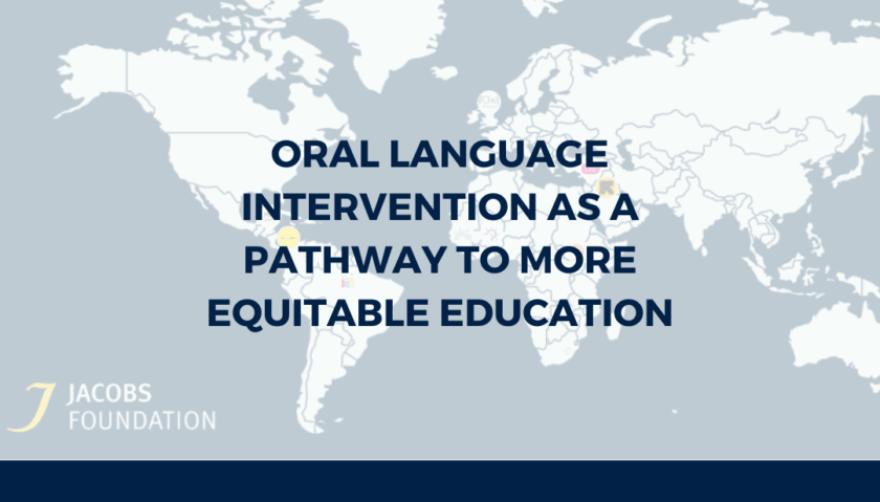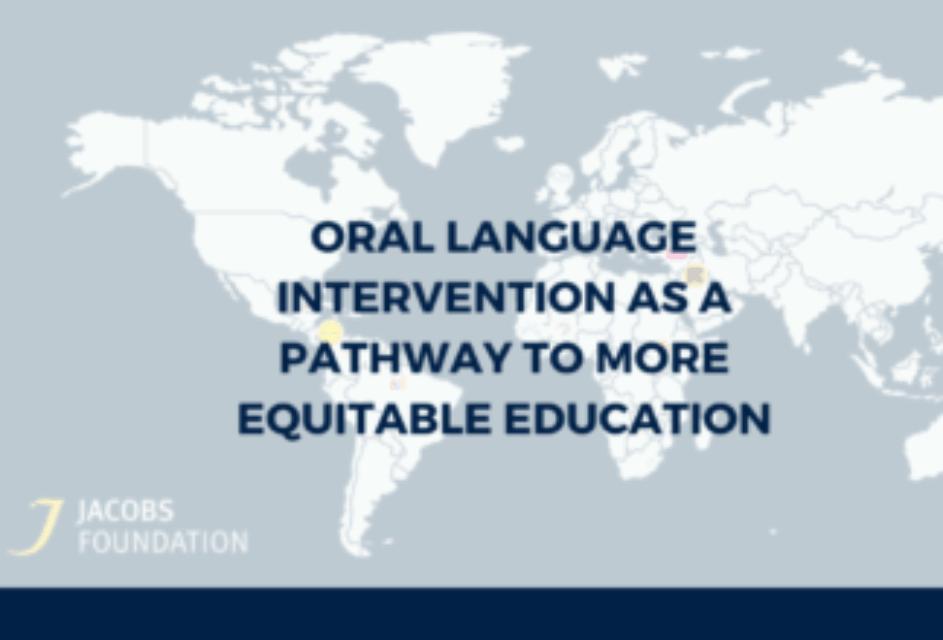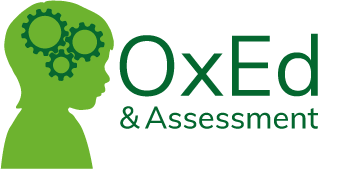Oral Language Intervention as a Pathway to More Equitable Education
Our founder, Charles Hulme, talks to the Jacobs Foundation about what inspired him to focus on oral language, his aims for OxEd, and his vision for fairer education for all.


Socioeconomic background is still one of the main educational challenges young students face today. Those from less affluent backgrounds often come to school less prepared to benefit from formal education. One way in which we see this is through oral language development.
A powerful way in which social inequalities translate to educational inequalities is through differences in early language development.
“Without early identification and intervention, this gap often widens as students progress through their education. The results are poorer academic outcomes, reduced employment opportunities, and an increased likelihood of mental health issues.”
This pattern is mirrored in all the regions OxEd works in, including the UK, the United States, Paraguay, and the Middle East. Overlooking students’ oral language development not only hampers their literacy and social wellbeing but also means losing an opportunity to ensure equitable support to all students.
The lack of emphasis on oral language skills by educational systems is one that Dr. Hulme hopes to remedy. OxEd turns research into practical tools that educators can trust will have a positive impact on their students. Our flagship program, TEL Ted, is the result of decades of research into students’ language and learning. As well as providing schools with tools to assess, diagnose, and support students, we also provide comprehensive professional development so educators are equipped to implement high-quality oral language strategies into their teaching.
Read the full interview to learn more about what inspired Dr Hulme and his vision for a world where oral language is at the heart of education systems.
Note: Outside of the United States, the TEL Ted Program is known as the NELI Programme which is how you will see it referenced in this article.
